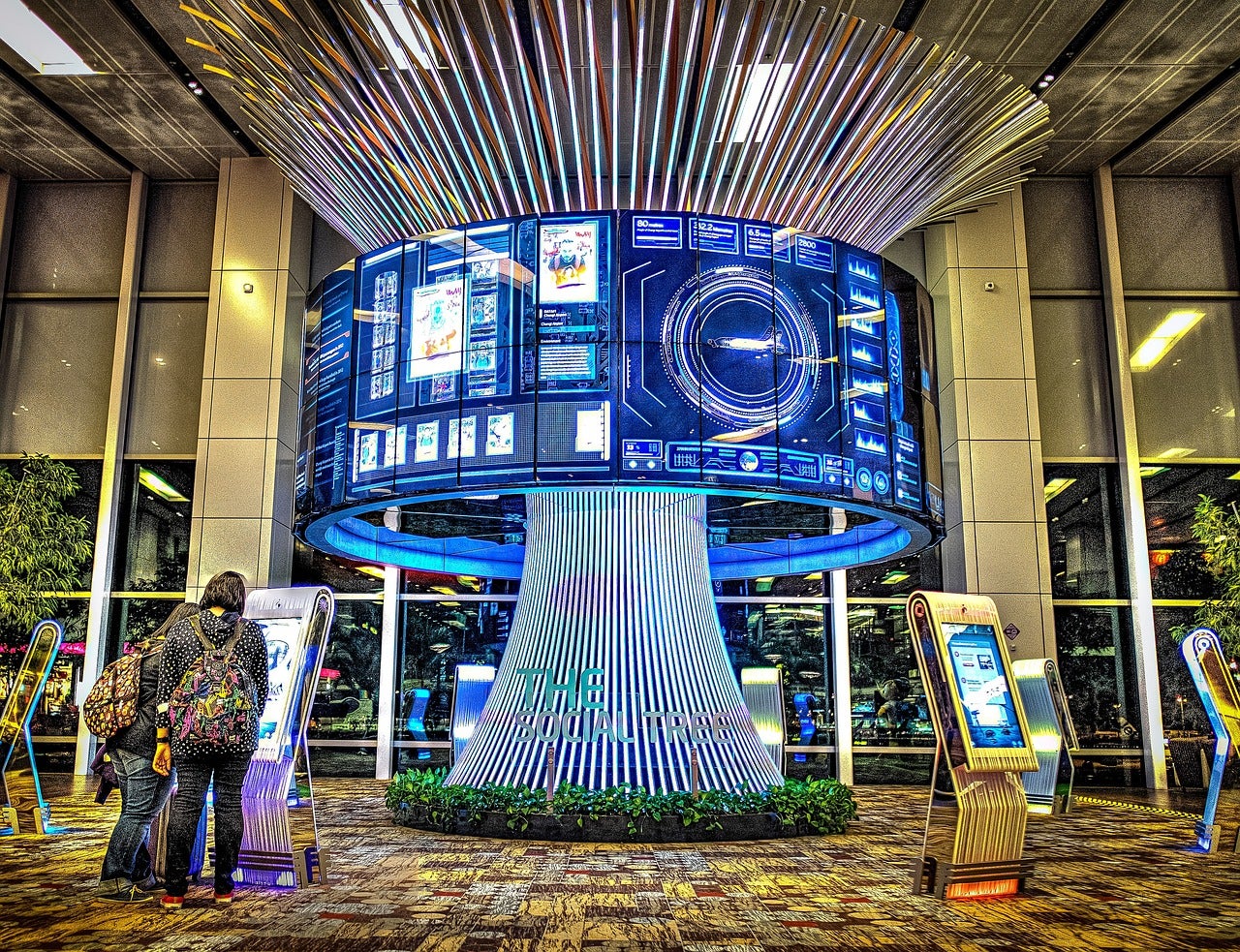
SITA’s Passenger IT Insights 2019 report highlighted that with the current digital revolution facing the aviation industry, the way travellers interact with airports is changing and this is likely to influence aviation investments in the next six years.
Its survey proved that satisfaction is higher among tech-using passengers at every step of the journey, with a marked rise at dwell time, onboard and bag collection. It revealed that almost 55% of passengers are already using technology across their air travel journey through web, mobile apps and kiosks – a figure set to skyrocket in the coming years.
How well do you really know your competitors?
Access the most comprehensive Company Profiles on the market, powered by GlobalData. Save hours of research. Gain competitive edge.

Thank you!
Your download email will arrive shortly
Not ready to buy yet? Download a free sample
We are confident about the unique quality of our Company Profiles. However, we want you to make the most beneficial decision for your business, so we offer a free sample that you can download by submitting the below form
By GlobalDataThe study revealed that by 2025, 68% of travellers will come from the post-digital era – those who would have grown up interacting with technology to manage their lives – compared to 32% from the pre-digital era and, as a result, will be more responsive to artificial intelligence, IoT, and chatbots to assist them in their air travel.
Passenger expectations around air travel experience will change as future passengers will “no longer want an experience that is compartmentalised across airlines, airports, border agencies, or other stakeholders involved in their trip,” the study said.
Commenting on the digitalisation of the aviation industry, CEO of SITA Barbara Dalibard said that passengers will “expect travel to be seamless, where every step fits neatly with the next, delivered as a single, unified experience.”
She added: “Fundamental to meeting these demands is a requirement for more efficient operations and collaboration between the airlines, airports and other stakeholders responsible for delivering that experience. Without it, we will not be able to deliver the journey digital travellers demand.”
One of the key technologies to be implemented will be the use of digital IDs. The study showed that 59% of travellers today are already “very willing” to use their mobiles for ID verification along the journey, with a further 33% open to the idea. It said travellers who used self-scanning gates at passport control reported better satisfaction in its survey – 3.85% higher than those who had their ID checked by a human.
The report predicts that by 2021, over 70% of airlines would have investments planned for biometric ID solutions. In the future, aviation companies will focus on taking biometric recognition beyond a single airport “to a seamless experience across borders and airports,” it said. “The ambition is to adopt a single, persistent digital identity that is secure, recognised globally and, most importantly, allows the passenger to maintain control over that identity.”
The report stressed that implementing digital IDs will also boost airport security. “Biometric technology – along with mobile solutions and AI will be critical to creating a secure identity verification solution that everyone – from the passenger to the border agent, trusts. If this solution can be developed, it will deliver a near walkthrough experience at the airport,” it said.
Alongside using digital IDs for checks, airports – in the future – will be able to offer a seamless experience for passengers who will then be able to use these digital IDs to make mobile payments for services on demand.
The report concluded that the key technologies that will shape future tools and services available to passengers will include cloud services, 5G, biometrics and secure travel tokens, automation, chatbots and AI – and a combination of these technologies.
“To deliver the kind of streamlined experience that the digital travellers demand, multiple organisations will need to collaborate including airlines, airports, governments at the border, ground handlers and service providers in and outside the airport,” the report said.
“Sharing relevant data in a secure and timely manner, as well as reaching agreement on standards and processes, will be critical to ensuring that all stakeholders are doing what is required to deliver optimal passenger services. These initiatives will also enable the air transport community to realize the potential to grow revenues, increase throughput and reduce costs.”








